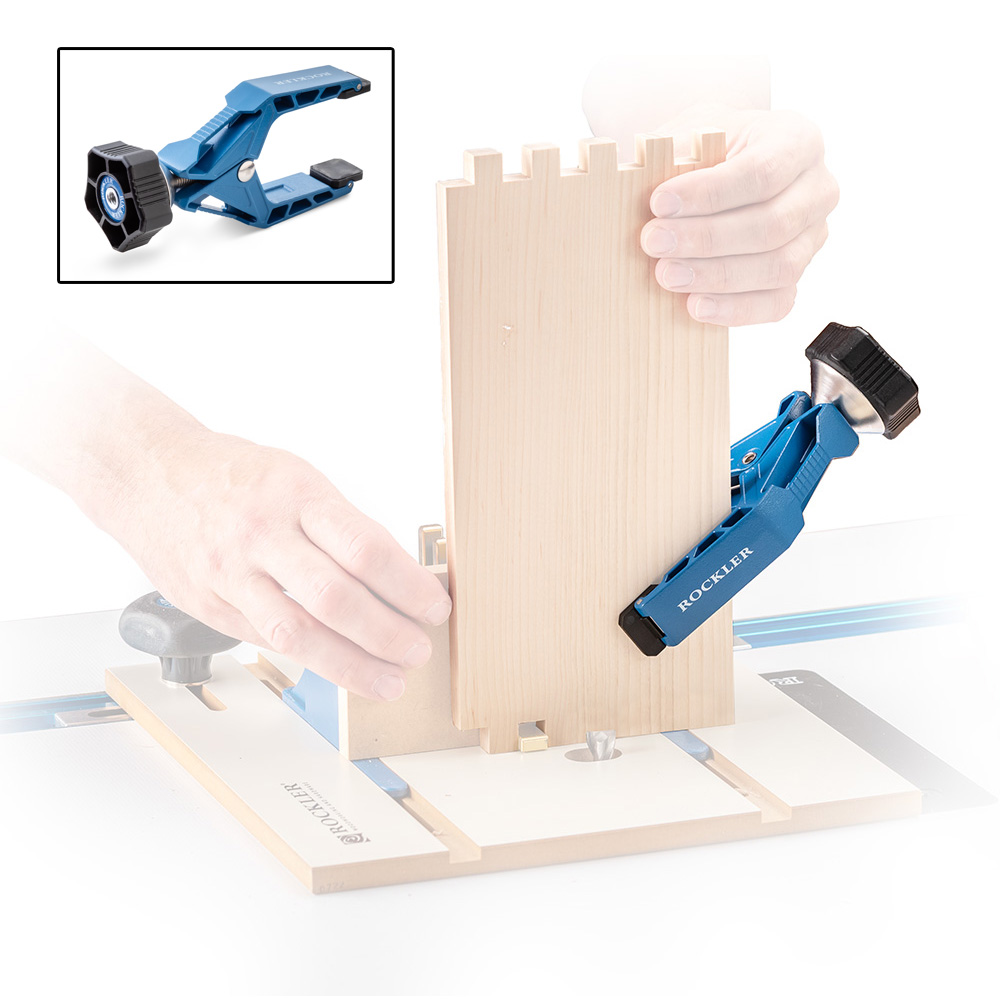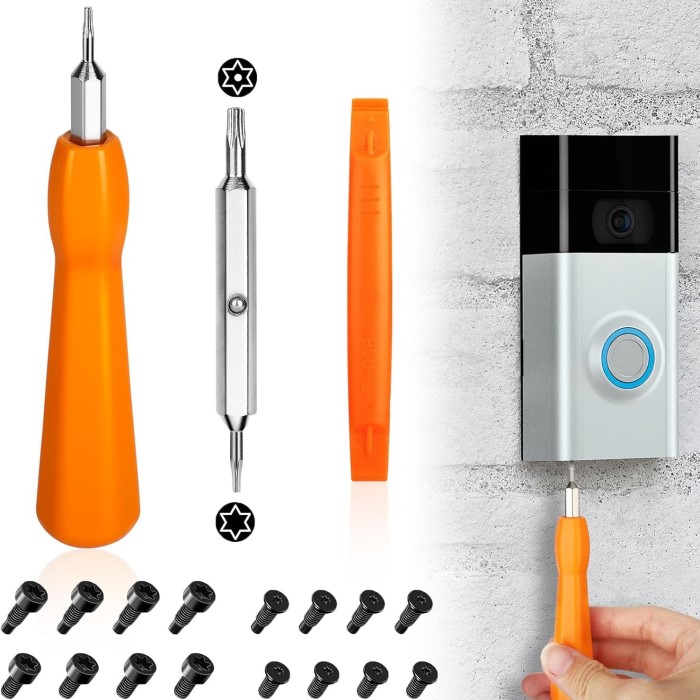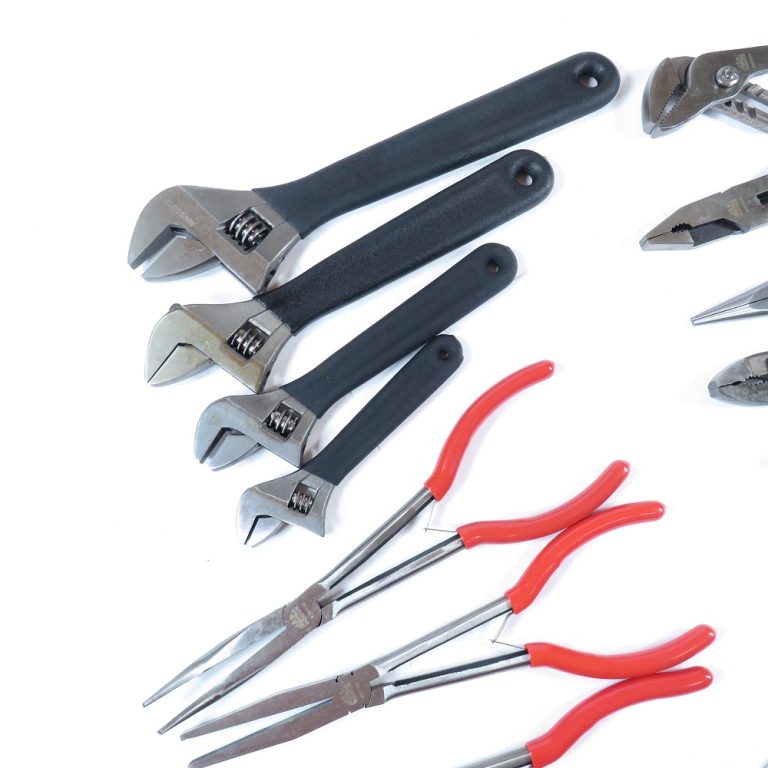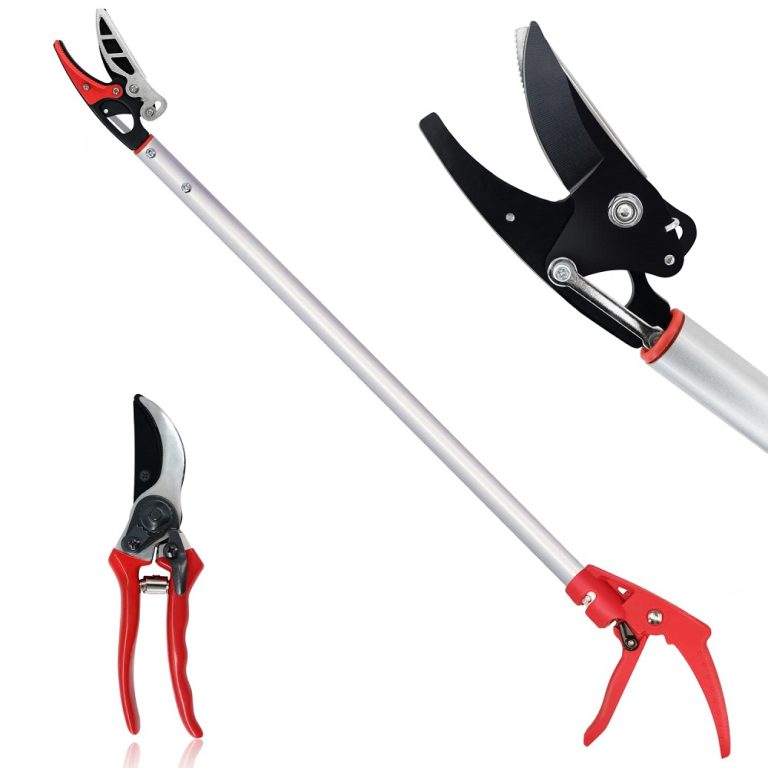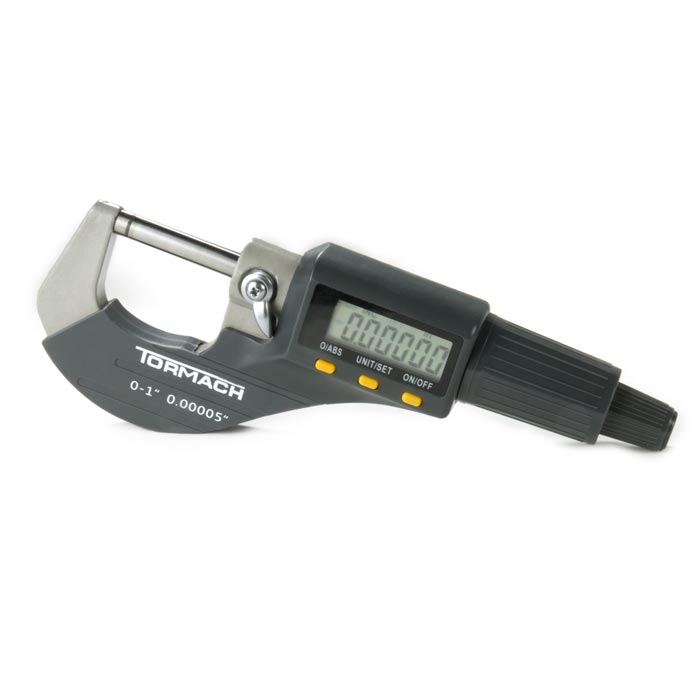Introduction to Hand Tools for Woodworking
Hand tools are essential for woodworking. They allow precise craftsmanship and creative freedom. Beginners and professionals can achieve remarkable results using hand tools for woodworking. They are versatile, affordable, and easy to maintain.
Benefits of Using Hand Tools in Woodworking
Hand tools offer multiple benefits:
- Control and Precision: These tools help achieve detailed and intricate designs.
- Lower Cost: Hand tools are generally affordable compared to power tools.
- Portability: They are lightweight and take up less space.
- Quiet Operation: Working with hand tools produces less noise compared to power tools.
- Personal Skill Development: Hand tools improve craftsmanship and woodworking skills over time.
Using hand tools for woodworking develops patience and enhances hands-on skills. They help create unique, high-quality works.
Differences Between Hand Tools and Power Tools
Hand tools and power tools differ in several ways:
- Mechanism: Hand tools rely on manual effort; power tools use electricity or batteries.
- Precision: Hand tools allow greater control for detailed work; power tools are faster but less precise.
- Costs: Hand tools are generally cheaper, while power tools have higher upfront costs.
- Safety: Hand tools are safer for beginners; power tools require advanced handling skills.
- Maintenance: Hand tools are simpler to maintain; power tools need regular servicing.
Power tools are ideal for large projects or heavy-duty tasks. Hand tools excel in fine woodwork and smaller projects. Choosing between them depends on your needs and experience level.
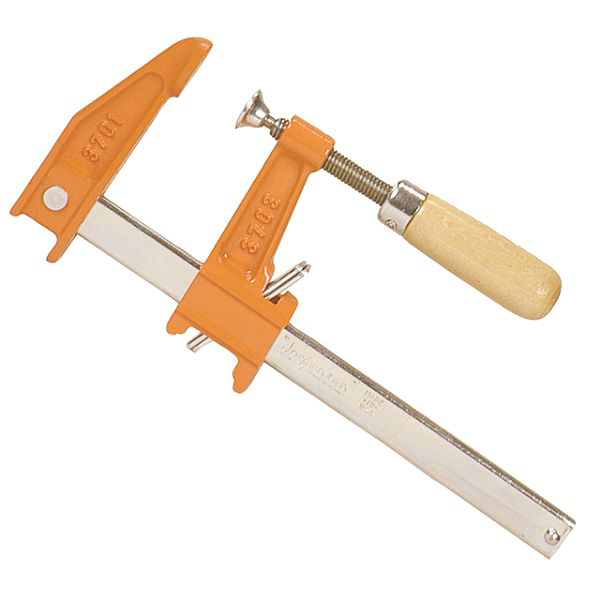
Selecting the Right Hand Tools for Beginners
Choosing the right tools is critical for woodworking success as a beginner. Proper tools make tasks easier and improve results. Beginners should focus on acquiring tools that are versatile and easy to use. Investing in good quality hand tools is essential to start without frustrations.
Essential Tools for Starting Woodworking Projects
Beginner woodworkers need essential hand tools to complete basic projects. Consider these tools:
- Measuring and Marking Tools:
- Tape measure for accurate measurements.
- Marking gauges for lines on wood surfaces.
- Combination square for angles and straight edges.
- Cutting Tools:
- Handsaws for making straight cuts.
- Coping saws for intricate curves.
- Chisels for shaping and carving.
- Shaping Tools:
- Block plane for smoothing wood.
- Rasps for shaping edges and curves.
- Fastening Tools:
- Clamps to hold wood in place while working.
- Screwdrivers for joining pieces together.
These tools cover essential tasks like cutting, measuring, shaping, and fastening. Starting with basic, high-quality tools ensures ease of use and durability.
Factors to Consider When Choosing Tools
Selecting hand tools requires careful consideration. Beginners should factor in:
- Quality:
- Choose durable tools made of high-quality materials.
- Avoid cheap materials that wear down quickly.
- Comfort:
- Check grip and handle designs for ease of use.
- Comfortable tools reduce fatigue during long work sessions.
- Purpose:
- Identify tools specific to your woodworking needs.
- Versatile tools handle multiple tasks effectively.
- Budget:
- Balance quality and cost.
- Start with the most crucial tools within your budget.
Beginner woodworkers should prioritize these factors to avoid common mistakes. By choosing wisely, they can set the foundation for successful projects ahead.
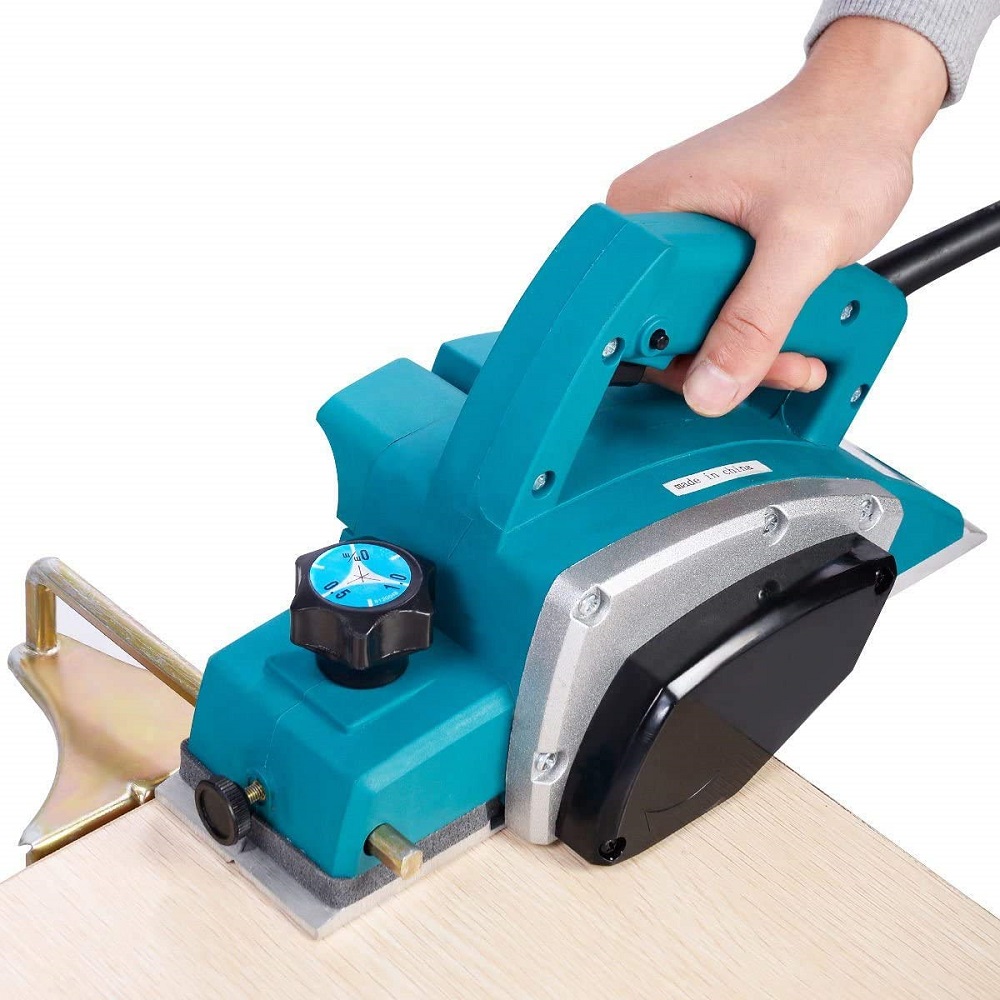
Must-Have Hand Tools for Woodworking Projects
Woodworking requires the right tools for success. Essential hand tools ensure precision and efficiency in projects. Choosing the right tools can enhance your craftsmanship and make tasks more enjoyable. Below are the must-have tools for woodworking projects:
Measuring and Marking Tools
Accurate measurements are critical in woodworking. Consider these essential tools:
- Tape Measure: Use it for precise length and width measurements.
- Combination Square: It helps check angles and straight edges.
- Marking Gauge: Ideal for making straight lines on wood surfaces.
These tools improve accuracy and reduce measurement-related errors. Always set your measurements with care.
Cutting Tools: Saws and Chisels
Cutting tools allow you to shape wood pieces effectively:
- Handsaw: Great for straight cuts on a variety of wood types.
- Coping Saw: Use it for curves and intricate designs.
- Chisels: Perfect for carving, shaping, or removing small layers of wood.
Investing in sharp, durable cutting tools enhances your accuracy and ease of work.
Shaping and Finishing Tools: Planes and Sanders
Create smooth surfaces and shape edges with these tools:
- Block Plane: Smooth rough wood and adjust small surfaces.
- Rasps and Files: Ideal for shaping and refining curved or uneven edges.
- Sandpaper or Sanders: Achieve a polished and professional finish on projects.
Proper finishing makes your woodworking outcomes more appealing and professional.
Fastening Tools: Clamps and Screwdrivers
Secure and join wood pieces with these essentials:
- Clamps: Hold wood steady while you work on cutting or gluing.
- Screwdrivers: Necessary to assemble and attach hardware or join multiple components.
Reliable fastening tools provide stability and ensure all parts fit securely.
By equipping yourself with these key hand tools for woodworking, you’ll be ready to tackle a variety of projects. High-quality tools not only improve your results but also make the process enjoyable.
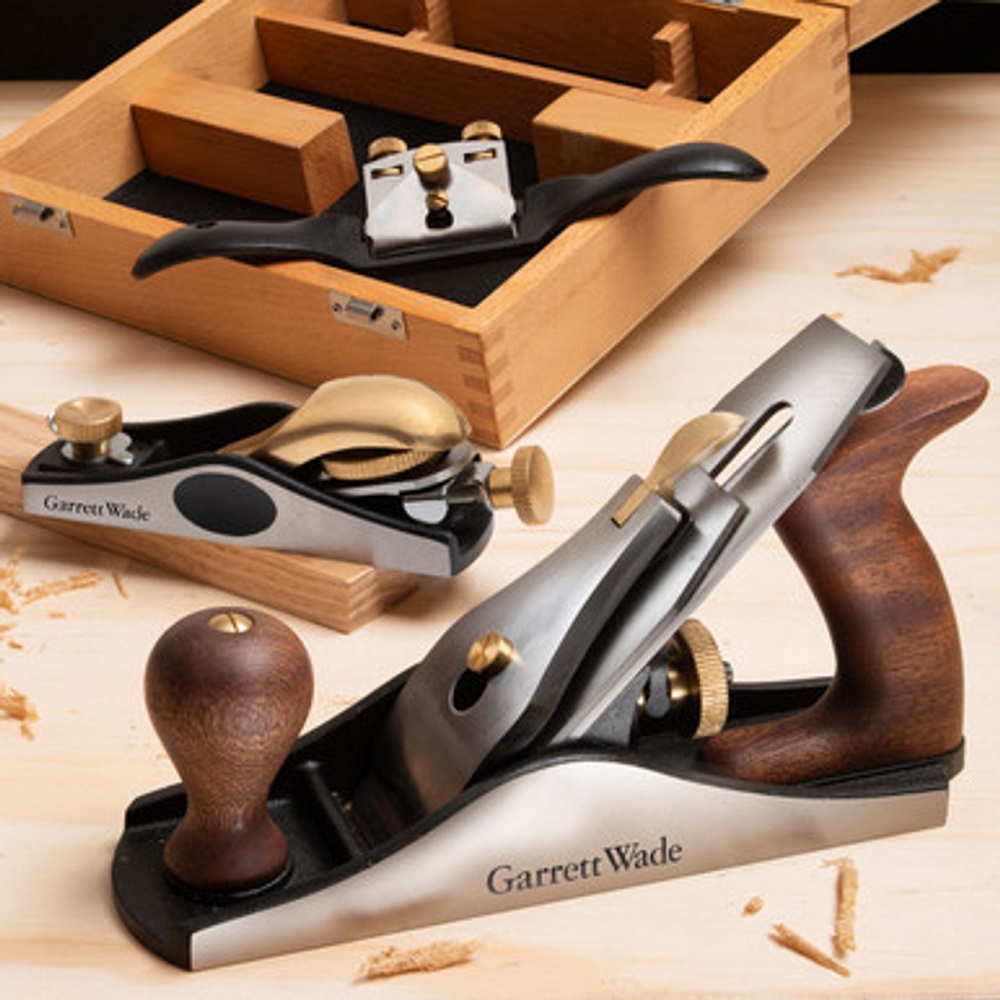
Maintenance and Care for Woodworking Tools
Proper maintenance ensures your woodworking tools last longer and perform better. Regular care prevents rust, dullness, and wear. Follow these simple practices to keep your tools in excellent condition.
Cleaning and Sharpening Techniques
- Clean Tools After Use:
- Wipe off dust and debris with a dry cloth.
- For sticky residue, use a damp cloth sparingly to avoid rust.
- Prevent Rust:
- Apply a thin coat of mineral oil or rust prevention spray.
- Store tools in a dry, low-humidity environment.
- Sharpening Blades and Edges:
- Use sharpening stones or honing guides for chisels and planes.
- Maintain the correct angle for consistent results.
- Regularly sharpen saw teeth with a file to ensure clean cuts.
- Inspect for Damage:
- Look for cracks or chips on tool edges.
- Replace or repair damaged components promptly.
Clean and sharp tools improve precision and efficiency in every woodworking project.
Tool Storage Solutions
- Toolboxes and Organizers:
- Store tools in a sturdy, labeled toolbox for easy access.
- Use foam inserts to secure delicate tools.
- Pegboards and Shelves:
- Mount tools on a pegboard for visibility and quick retrieval.
- Use shelves for heavier tools like planes and clamps.
- Moisture Control:
- Use silica gel or dehumidifiers in storage spaces to prevent rust.
- Avoid storing tools in damp areas like basements.
- Dedicated Storage Spaces:
- Designate drawers or cabinets for specific tool types.
- Group tools by function for easier organization.
With proper storage, tools remain in good condition and stay organized for future use.
Tips for Using Hand Tools Effectively
Hand tools for woodworking require skill and precision to deliver excellent woodworking results. With proper techniques, you can greatly improve your craftsmanship and safety. Below are some helpful tips to enhance your woodworking experience.
Improving Accuracy and Skill
Mastering hand tools for woodworking involves practice and attention to detail. Here’s how to improve accuracy:
- Start with Simple Projects: Begin with basic tasks to build confidence and familiarity with your tools.
- Use Guides and Templates: Guides help mark precise cuts and ensure straight edges.
- Master Tool Techniques: Learn proper hand placement for saws and chisels.
- Practice Regularly: Consistent practice sharpens skills and improves control.
- Check Measurements Twice: Always double-check to avoid errors before cutting or assembling.
- Hold Tools Comfortably: Maintain a firm grip for better control and reduced fatigue.
Practice exercises such as cutting straight lines or carving shapes can refine your skills over time. Make small adjustments as needed to ensure better results.
Safety Practices for Woodworking
Safety is vital when using hand tools. Follow these tips for safe woodworking:
- Wear Protective Gear: Use goggles and gloves to protect your eyes and hands.
- Inspect Tools Before Use: Check tools for wear or damage to avoid accidents.
- Keep Blades Sharp: Sharp tools are safer and require less force to operate.
- Work in Well-Lit Areas: Proper lighting enhances visibility and reduces mistakes.
- Clamp Materials Securely: Secure wood pieces before cutting or shaping.
- Store Tools Safely: Keep tools in designated spots to avoid injuries.
Careful handling and safety precautions not only protect you but also keep your tools in excellent condition. Always prioritize safety while honing your woodworking skills.
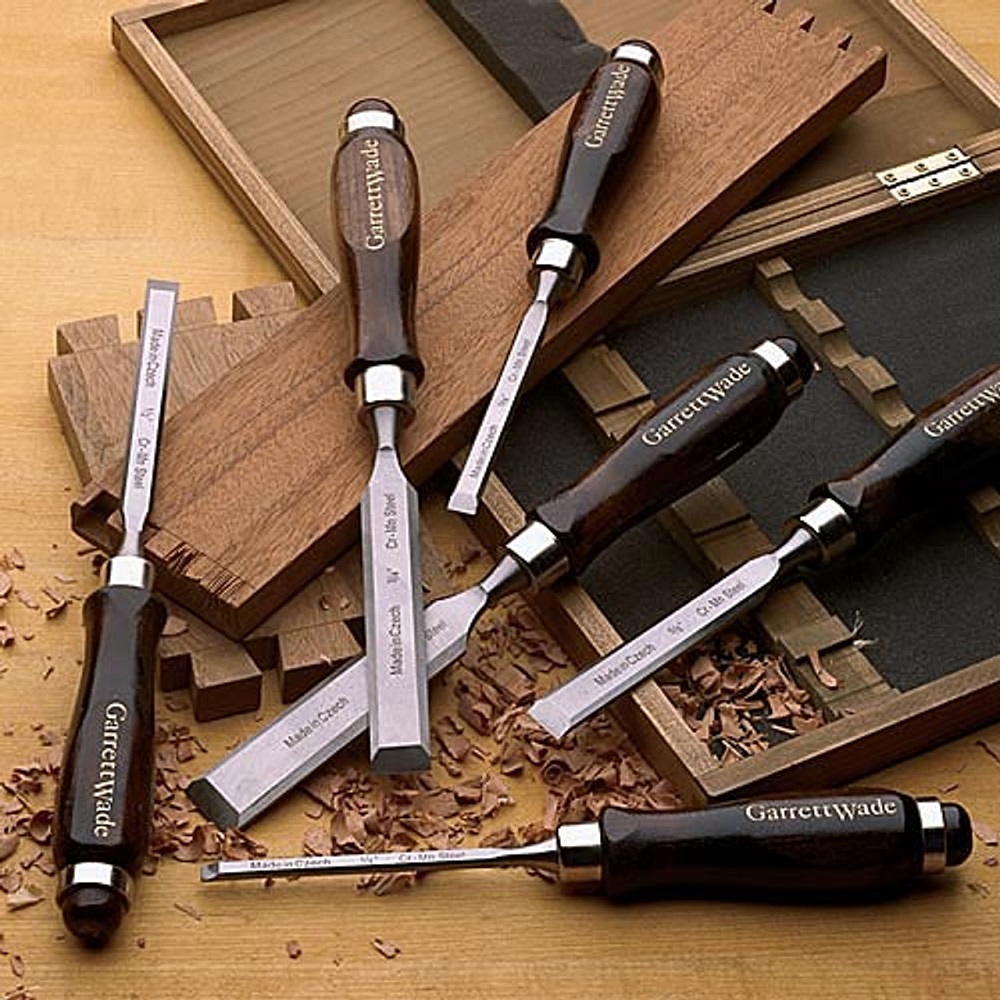
Advanced Hand Tools for Experienced Woodworkers
Experienced woodworkers often require advanced tools for intricate and demanding projects. These tools help enhance precision and efficiency while enabling unique craftsmanship. Adding specialty and diverse tools to your collection can elevate your woodworking skills.
Specialty Tools for Complex Projects
Specialty tools are tailored for detailed and high-level woodworking tasks. They offer precision and flexibility for unique designs. Key specialty tools include:
- Mortise Chisels:
- Ideal for cutting mortise joints with great accuracy.
- Designed for deep and clean cuts.
- Dovetail Saw:
- Suitable for creating precise dovetail joints.
- Offers better control for intricate joinery.
- Spokeshave:
- Useful for smoothing and shaping curved surfaces.
- Perfect for creating unique designs.
- Scrapers:
- Removes fine layers from wood surfaces.
- Achieves smooth, polished finishes without sanding.
- Marking Knives:
- For highly accurate marking before cutting.
- Provides better precision compared to pencils.
- Specialized Clamps:
- Used for complex or angled assemblies.
- Ensures stability during intricate gluing tasks.
Investing in specialty tools allows for greater versatility in advanced woodworking projects.
Expanding Your Toolkit
Expanding your toolkit is essential as you advance in woodworking. Diversifying tools offers flexibility in handling various projects. Consider these steps to grow your collection:
- Upgrade Basic Tools:
- Invest in premium-quality chisels, saws, and planes.
- Choose durable materials for long-term use.
- Add Versatile Tools:
- Tools like combination planes can handle multiple shaping tasks.
- Multi-use tools save space and costs.
- Explore Specialty Tools:
- Select tools catering to specific woodworking techniques.
- Focus on tools that match your advanced project needs.
- Prioritize Comfort Features:
- Opt for ergonomic designs to reduce fatigue during complex tasks.
- Test grip and weight before purchasing.
- Regularly Assess Needs:
- Identify tools needed for upcoming projects.
- Only invest in tools that genuinely add value.
Expanding your toolkit wisely helps improve efficiency, precision, and creativity in woodworking.
With specialty tools and a comprehensive toolkit, experienced woodworkers can achieve outstanding results in their projects. Focus on quality, functionality, and comfort to continue growing your skills.
Woodworking Hand Tool Sets: Recommendations and Reviews
Selecting the right hand tool set is essential for woodworking success. Having a complete kit ensures efficiency and convenience. Below are recommendations and reviews for tool sets tailored to different woodworking experiences.
Best Starter Tool Kits for Woodworkers
Beginner woodworkers need practical and versatile toolkits. These provide essential tools to start simple projects:
- STANLEY 51-Piece Tool Set:
- Includes measuring tape, screwdrivers, and clamps.
- Durable and budget-friendly for beginners.
- Craftsman 57-Piece Household Tool Set:
- Comprehensive tools like screwdrivers, hammers, and pliers.
- Lightweight and easy to store.
- WORKPRO 60-Piece Toolkit:
- Features basic saws, marking tools, and fastening gear.
- Affordable and designed for newcomers.
Choosing a reliable starter kit helps accomplish basic tasks with ease. It also builds confidence in using tools.
High-Quality Brands and Options
For advanced woodworkers, high-quality brands offer premium tools. These provide precision, durability, and comfort:
- Veritas Toolkits:
- Renowned for exceptional quality and ergonomic design.
- Includes spokeshaves, planes, and scrapers.
- Lie-Nielsen Toolworks:
- Offers hand-crafted tools like chisels and dovetail saws.
- Known for superior sharpness and reliability.
- Narex Chisel Sets:
- Famous for high-grade steel chisels.
- Perfect for carving and finishing tasks.
- WoodRiver Tools:
- Produces efficient and robust hand planes.
- Ensures smooth surfaces and precise shaping.
- Irwin Tools:
- Specializes in clamps and cutting tools.
- Provides strong grip and accurate cuts.
Investing in these brands enhances performance and versatility. Quality tools improve craftsmanship and bring professional results.
By choosing the right hand tool set, you can cater to your woodworking level. Beginner kits simplify tasks, while advanced tools refine skills for intricate projects.
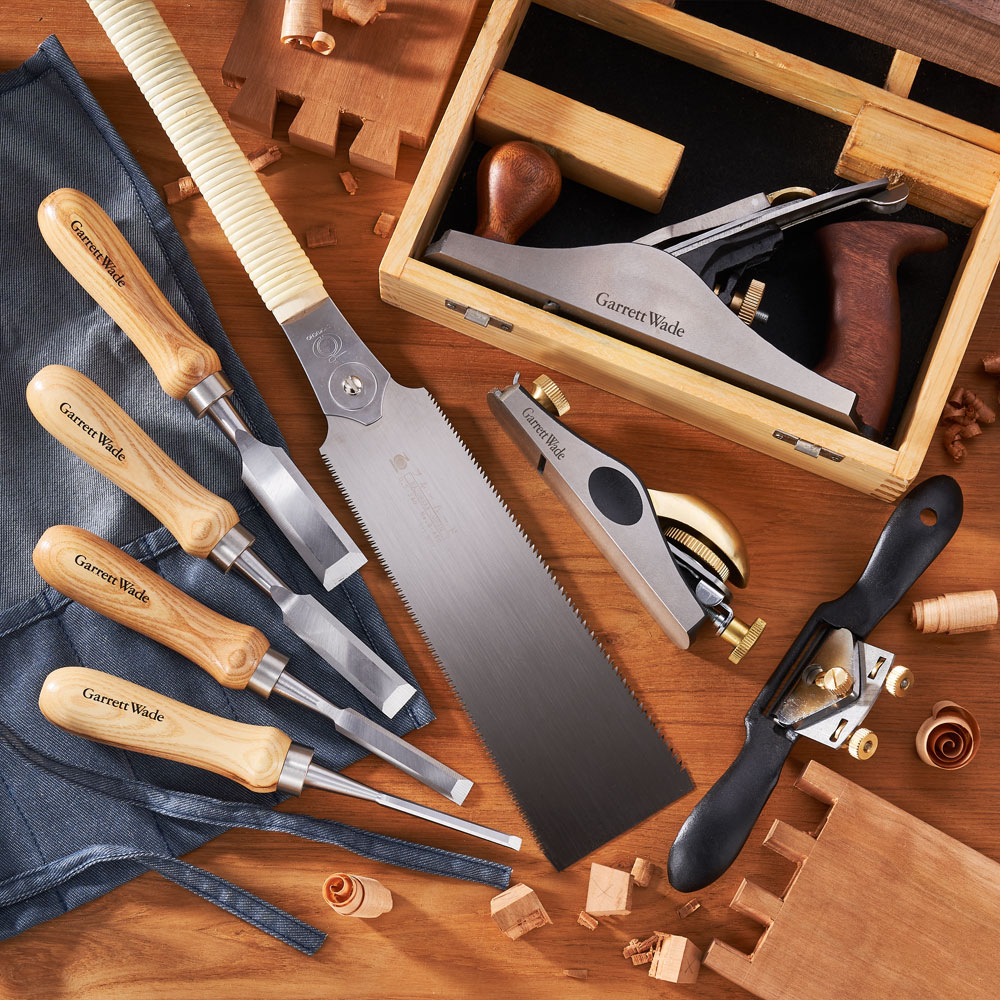
Investing in Your Woodworking Journey
In conclusion, hand tools are essential for any woodworking enthusiast, playing a pivotal role in achieving craftsmanship and precision. Understanding the significance of hand tools, such as saws, chisels, and planes, helps inform your choices as you build your collection.
Selecting high-quality tools aligned with your projects and needs can enhance your woodworking capabilities, allowing you to express creativity and skill. The maintenance of these tools through regular cleaning, sharpening, and organized storage ensures they remain viable companions throughout your woodworking journey.
As you embark on your woodworking adventures, remember that the right hand tools for woodworking can significantly impact your experience and results. Invest the time and resources in selecting the best tools for you, and watch your craftsmanship flourish. With dedication and the right equipment, you can create remarkable pieces that reflect your artistry and passion for woodcraft. Embrace the journey, enjoy the process, and let your creativity guide you to success in woodworking!
